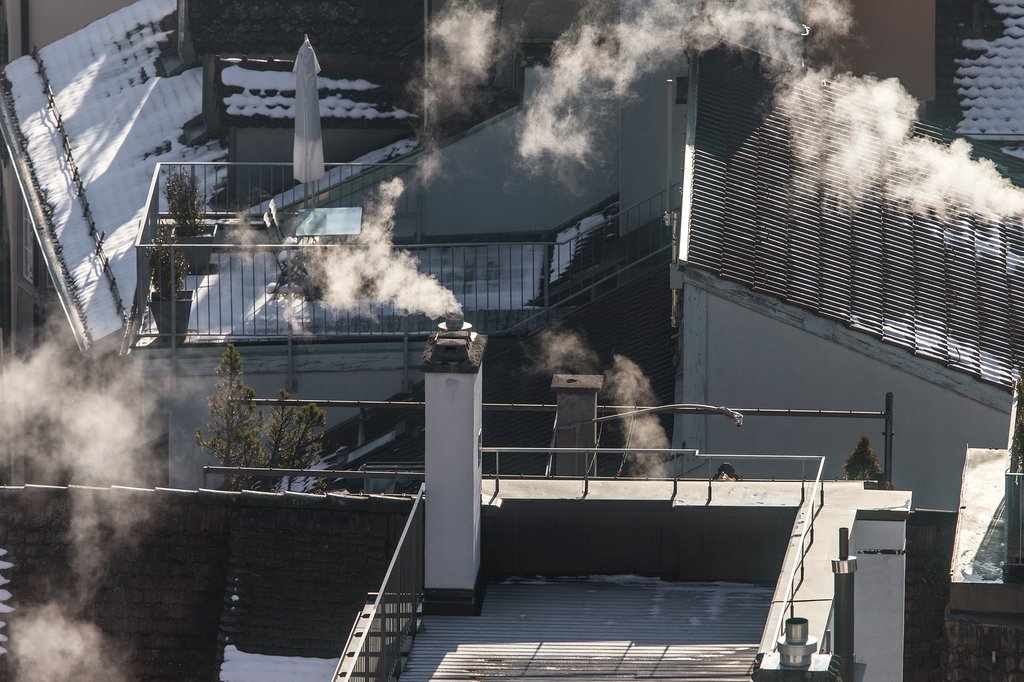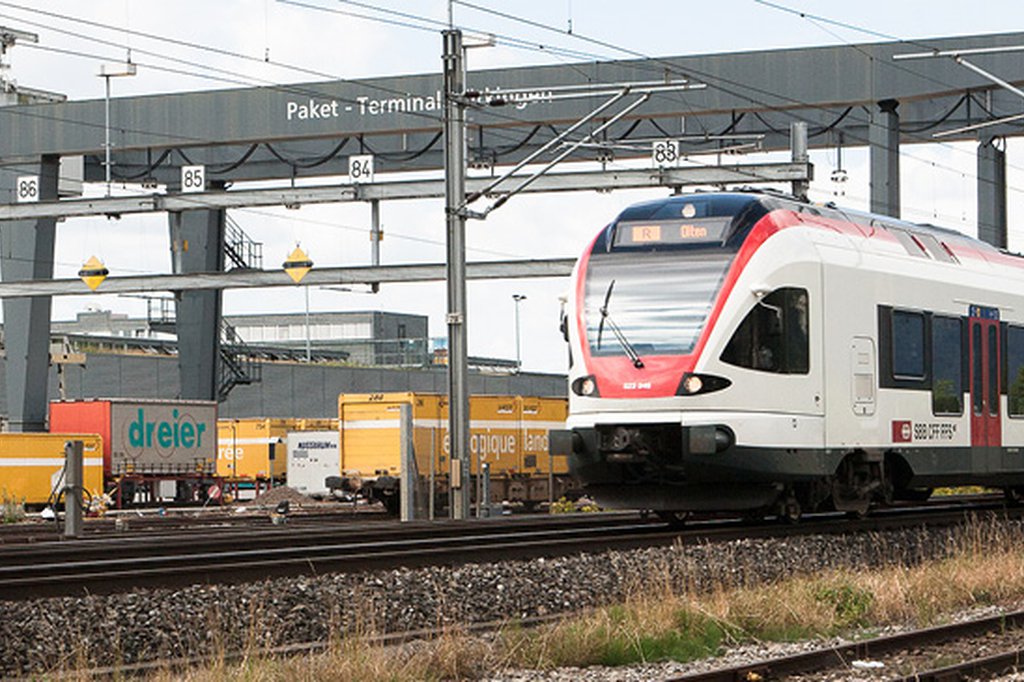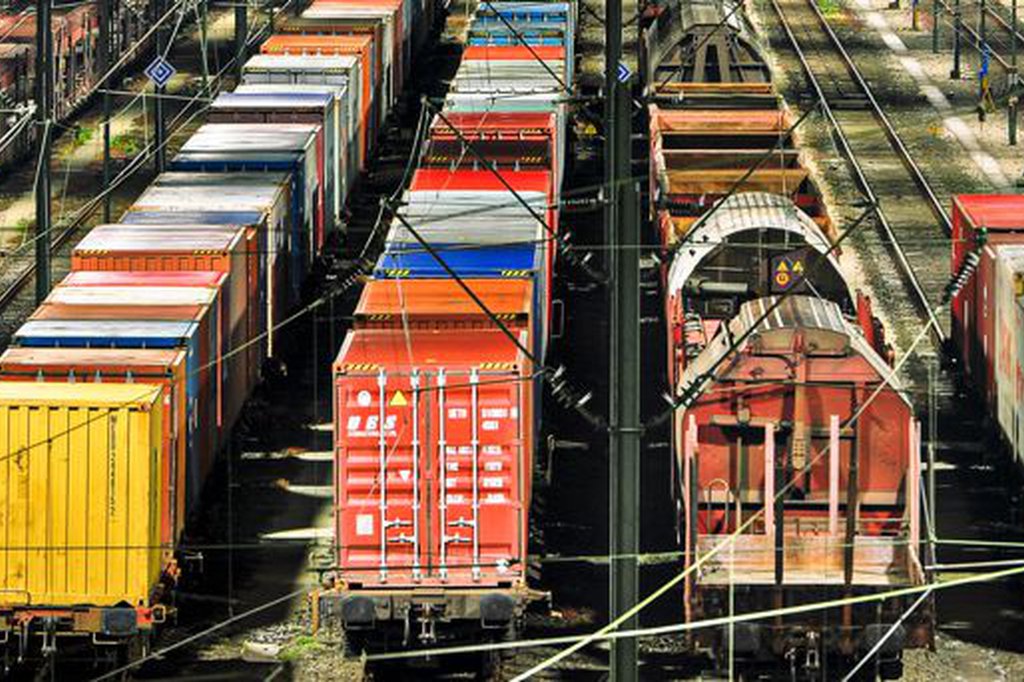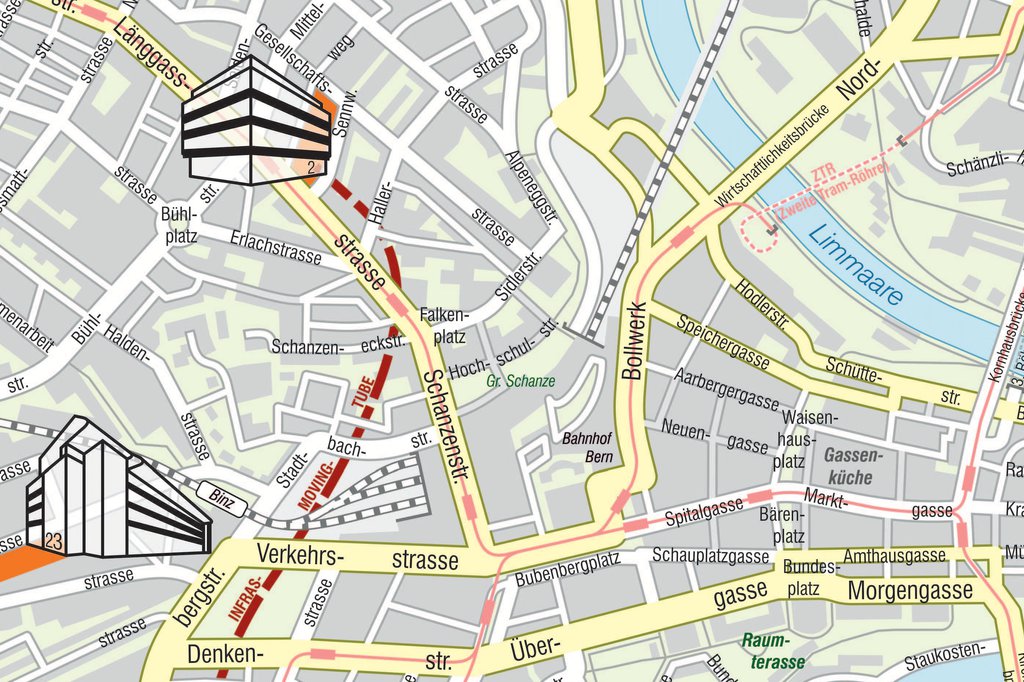Network Supplement Refund: From 500 up to 1500 Eligible Companies, Depending on the Implementation F
News, Energy, Economy | Sept. 12, 2016
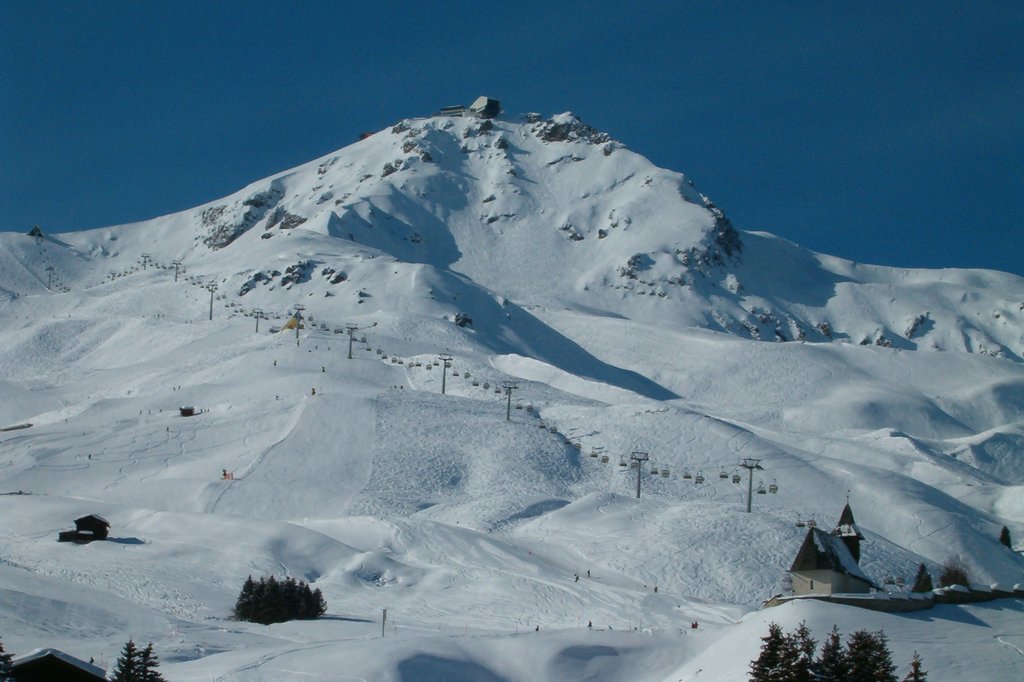
An energy-saving target agreement with the Swiss Federal Government, a share of more than 5% electricity costs per gross value added, and a refund amount of at least CHF 20'000 per year: Under these conditions, large commercial or industrial end users are entitled to a refund of their national network supplement for the promotion of renewable energies.

